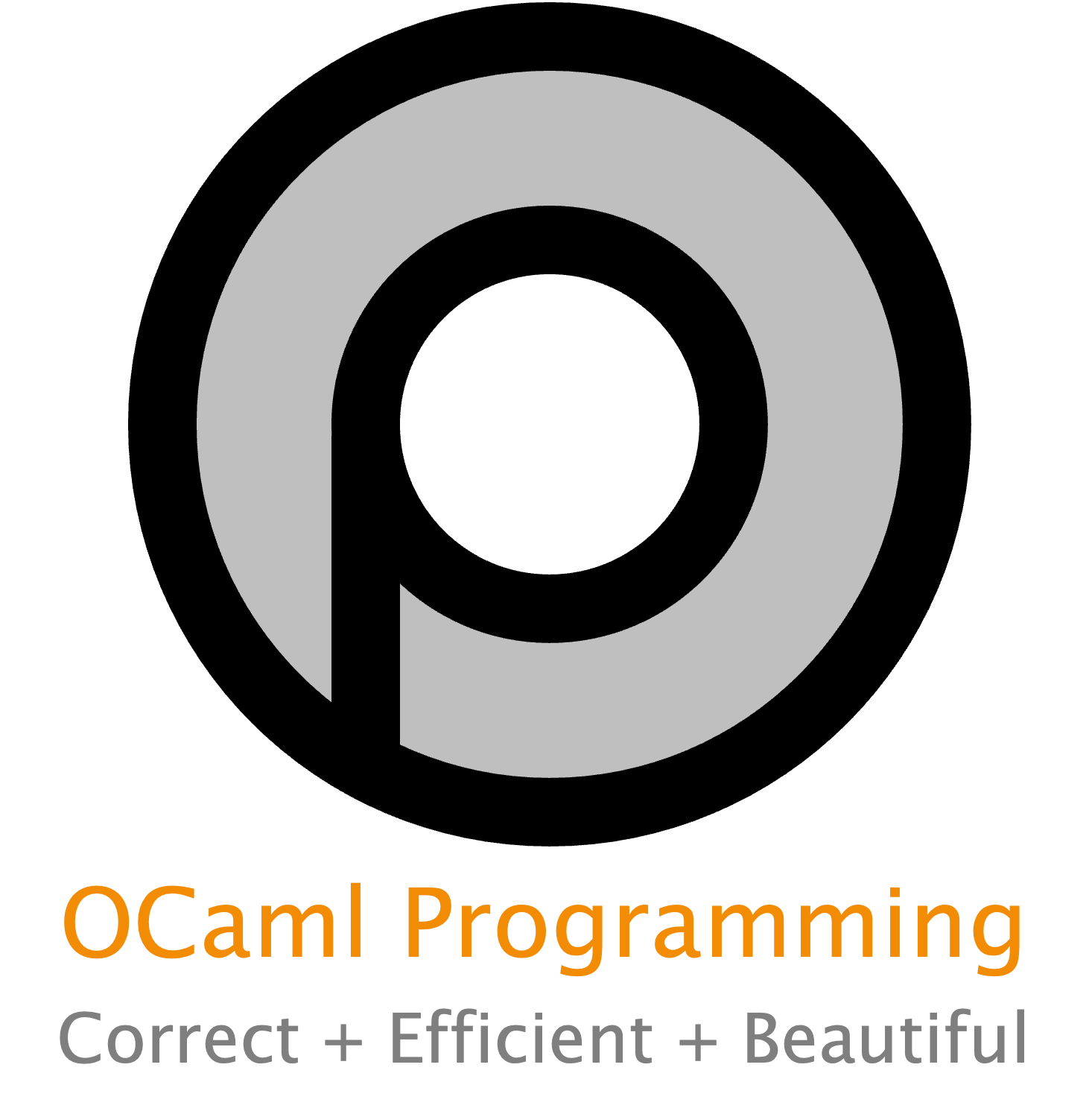3. Data and Types#
In this chapter, we’ll examine some of OCaml’s built-in data types, including lists, variants, records, tuples, and options. Many of those are likely to feel familiar from other programming languages. In particular,
lists and tuples, might feel similar to Python; and
records and variants, might feel similar to
structandenumtypes from C or Java.
Because of that familiarity, we call these standard data types. We’ll learn about pattern matching, which is a feature that’s less likely to be familiar.
Almost immediately after we learn about lists, we’ll pause our study of standard data types to learn about unit testing in OCaml with OUnit, a unit testing framework similar to those you might have used in other languages. OUnit relies on lists, which is why we couldn’t cover it before now.
Later in the chapter, we study some OCaml data types that are unlikely to be as familiar from other languages. They include:
options, which are loosely related to
nullin Java;association lists, which are an amazingly simple implementation of maps (aka dictionaries) based on lists and tuples;
algebraic data types, which are arguably the most important kind of type in OCaml, and indeed are the power behind many of the other built-in types; and
exceptions, which are a special kind of algebraic data type.
